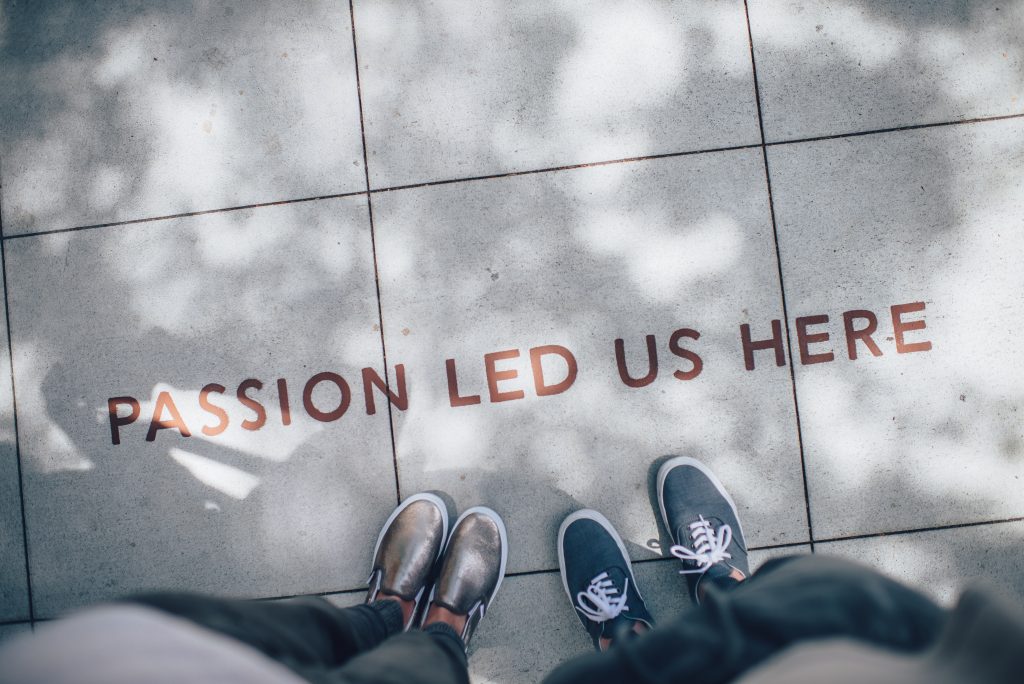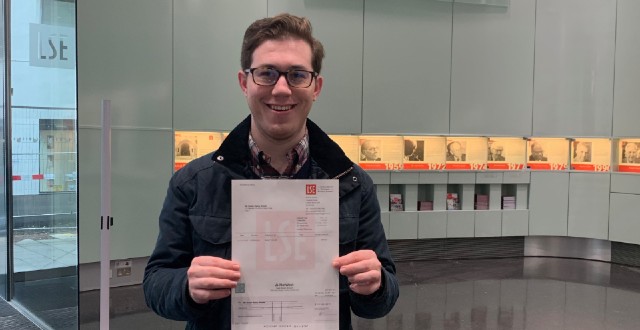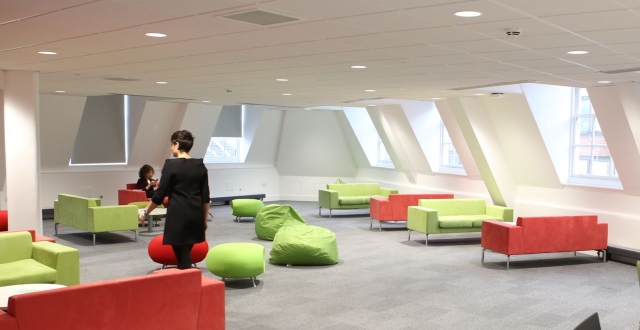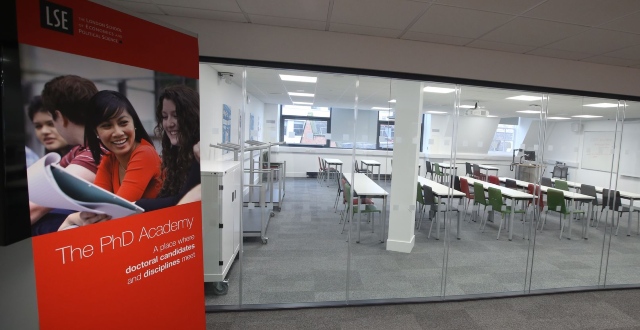This is it – you’re attending one of the most prestigious schools in the world, to develop expertise in a topic you are passionate about, under the supervision of top faculty in your field. As you excitedly flip through your PhD acceptance package, absorbing all its precious information, the admission-high slowly starts to fade, giving way to creeping feelings of anxiety.
How are you going to navigate this upcoming year? Was undertaking a PhD a mistake?
Fear not, friend: those feelings are a completely normal part of the journey you’ve embarked on. As I have been in your shoes and dealt with my fair-share of first-year hurdles, allow me to share the 3 things I struggled with most when transitioning into a PhD (and how I overcame them) – my ABCs: Adapting to a new way of learning, Battling my imposter syndrome, and Channelling my ambition.
1. Adapting to a new way of learning
Expect a steep learning curve in learning styles when entering a PhD. I started my journey right after my MSc, thus moving swiftly from the structured MSc framework to the highly flexible PhD schedule, the organisation of which was entirely at my discretion. Group projects switched to solo study-dates with my readings and the blinking cursor of my Word document.
I felt isolated, and it wasn’t always easy holding myself accountable to my self-imposed deadlines. What helped was reflecting on my patterns of productivity, and being proactive in building connections with my cohort and supervisors. My productivity peaked during mornings and evenings, so I consistently blocked out that time for PhD-related work, leaving time for other pursuits in the afternoon (with some flexibility). I created timelines to visualise my deliverables, and updated my calendar with reminders. Finally, I used the PhD study space of the department rather than working from home, which broke up my day with a commute and allowed me to connect with my cohort.
2. Battling my imposter syndrome
A PhD is a scary venture. You’re putting your thoughts out there for the world to wittingly- and sometimes mercilessly- fine comb and criticise. You will spend hours questioning yourself, re-analysing, re-writing, and may occasionally sacrifice weekends by fear that you are not working hard enough, thus worrying that you don’t belong at LSE because you’re operating at human speeds and making human mistakes.
You’ve guessed it: my second biggest struggle was battling with my imposter syndrome. It got particularly bad in my first year, impacting my self-confidence and PhD progress. Growing tired of negotiating with my brain, and of being my own obstacle to becoming a confident researcher, I sought out LSE PhD Academy coaching. Amongst the many things I learned with my coach, the technique of noticing, acknowledging, and reframing my negative thoughts was particularly helpful. Sharing my experience with other PhD students – who more often than not shared similar feelings – made me feel less alone.
3. Channelling my ambition
You will enter the PhD programme all guns blazing: so many research routes to explore, so many ways your project could contribute to your field! Repurposing the words of Darth Sidious: “Good, good! Let the motivation flow through you”. Your enthusiasm and ambition reflects your intellectual curiosity, and is making sure you leave no stone unturned.
Yet, beware of spreading yourself too thin. A PhD is a marathon, not a sprint – you need to nurture that motivation to make it last. Channelling your ambition will shape a practical, rigorous project with manageable goals you’re sure to complete in time. I had to significantly divert my project from its original proposal because I was over-ambitious in what I could achieve given my funding and time-frame. Learning to let go of ideas was difficult, and made me doubt the impact my project could have. Discussing this openly with my supervisors helped me, as it provided me with the broader perspective that my PhD would ultimately be one project amongst many others I would conduct in my career.
Unfortunately, you can’t always get what you want when it comes to research. Our ambition is not often perfectly matched by the data that is available, and there isn’t always funding or time to conduct a large-scale data collection. You may need to innovate to achieve the best possible outcome given the resources available. Such are the harsh realities of academia, but also what makes a career in this sector that much more rewarding and satisfying.
A PhD journey is filled with personal, intellectual, and professional growth. Throughout it all, remember why you started it and that your contributions matter.
Find out more about LSE’s PhD Academy, a dedicated centre for PhD students at LSE.





